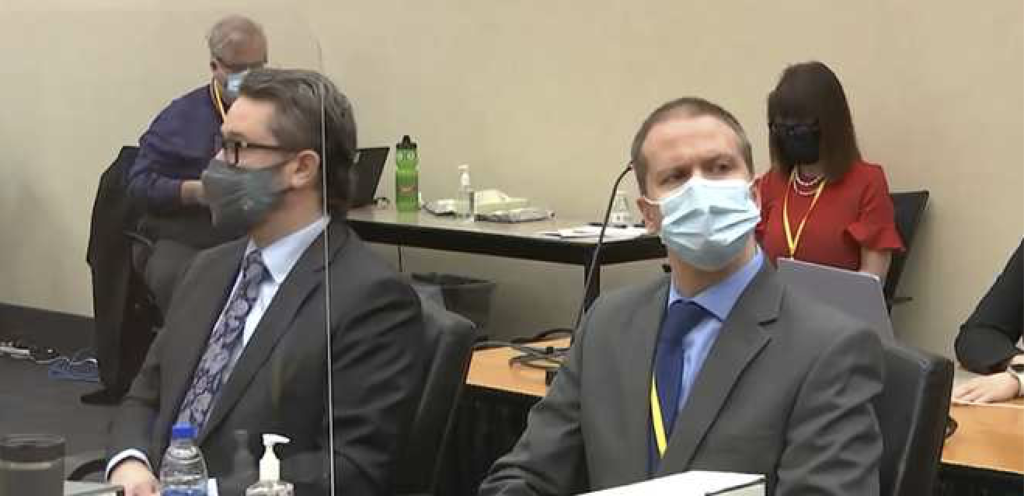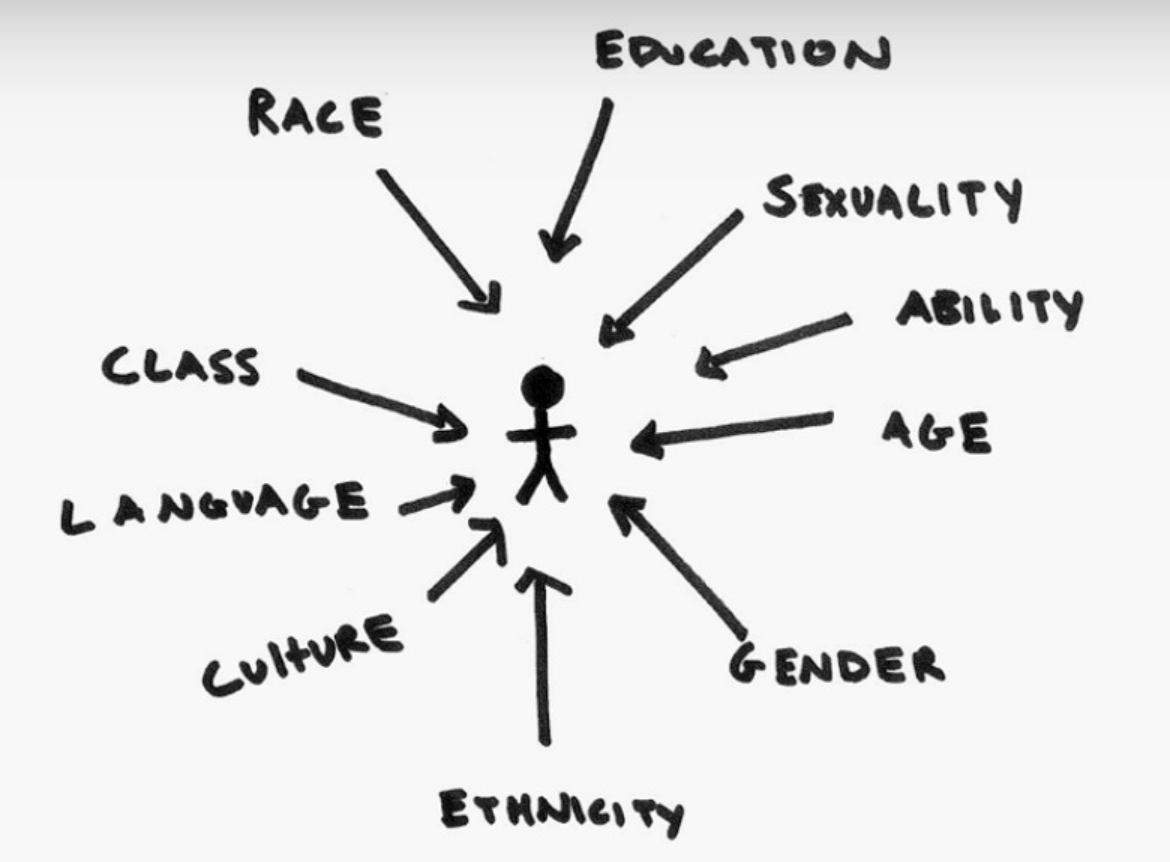Last Monday, March 29, marked the first day of the criminal trial for Derek Chauvin, the former officer accused of killing George Floyd. So far, Chauvin has maintained a plea of innocence against first-degree murder, second-degree murder and manslaughter charges.
On Wednesday, the third day of the trial, a clip of Chauvin’s body-camera footage was made public for the first time since the world witnessed him kneeling on George Floyd’s neck. The video revealed that when confronted about his lethal use of force, Chauvin had said that he, “had to control this guy because he’s a sizable guy. It looks like he’s probably on something.”
Also on Wednesday, the prosecution called several witnesses to the stand to testify against Chauvin, two of whom were Black men.
Christopher Martin, the 19-year-old cashier who suspected Floyd of using a counterfeit bill, was one of the witnesses called to the stand. Martin testified that while witnessing Chauvin kneel on Floyd’s neck, he felt “disbelief and guilt.” Additionally, he stated that he believed if he had not accepted the bill, then “[Floyd’s death] could have been avoided.”
Similarly, Charles McMillian, a 61-year-old witness who was present when Floyd was killed broke down in tears while testifying.
“I can’t. I feel helpless. I don’t have a mama either, but I understand him,” McMillian said.
Floyd’s family attorney, Antonio Romanucci, reported to CNN that the family was “suffering” as they watched new footage of their deceased family member’s death.
“These new angles today, where we really hear and we almost feel George, uh, Chauvin on top of George and George trying to get away from them, this is terrible,” said Romanucci. “This is very, very difficult for them.”
On Thursday, the fourth day of trial, the prosecution spoke with Ms. Courteney Ross, Floyd’s former partner for over three years. Through her appearance on the witness stand, the prosecution aimed to both humanize Floyd and counter the narrative surrounding Floyd’s drug use.
Ross recounted that Floyd was a passionate father, loving partner, and exercise enthusiast, who often played with the neighborhood children. She also acknowledged that the two of them struggled with opioid addiction. However, through her testimony, the prosecution was able to reveal that Floyd—who had fentanyl and methamphetamine in his system at the time of his death—had a high tolerance for fentanyl, which would decrease the legitimacy of the defense’s argument that Floyd died of a drug overdose.
On Friday, the head of the Minneapolis Police Department’s homicide division, Lt. Richard Zimmerman, provided his own testimony.
During his testimony, Zimmerman said that Floyd did not appear to be an imminent threat, and did not understand why Chauvin and the other officers perceived him as such.
“If your knee is on a person’s neck, that can kill him,” said Zimmerman.
This article will be updated as the trial continues.







One Response
Normally I don’t learn article on blogs, however I would
like to say that this write-up very compelled me to
try and do it! Your writing taste has been amazed me. Thank you, very great article.